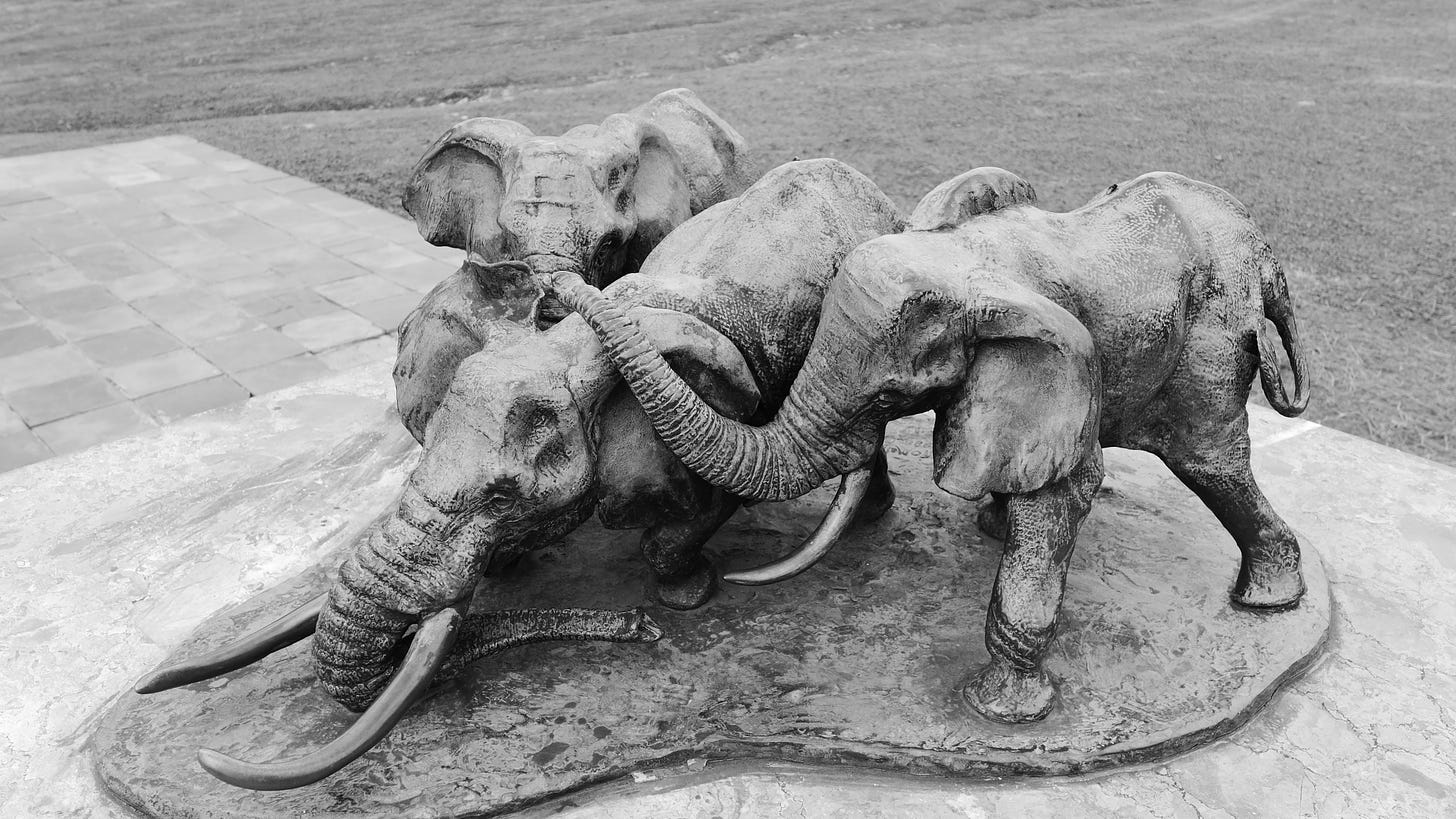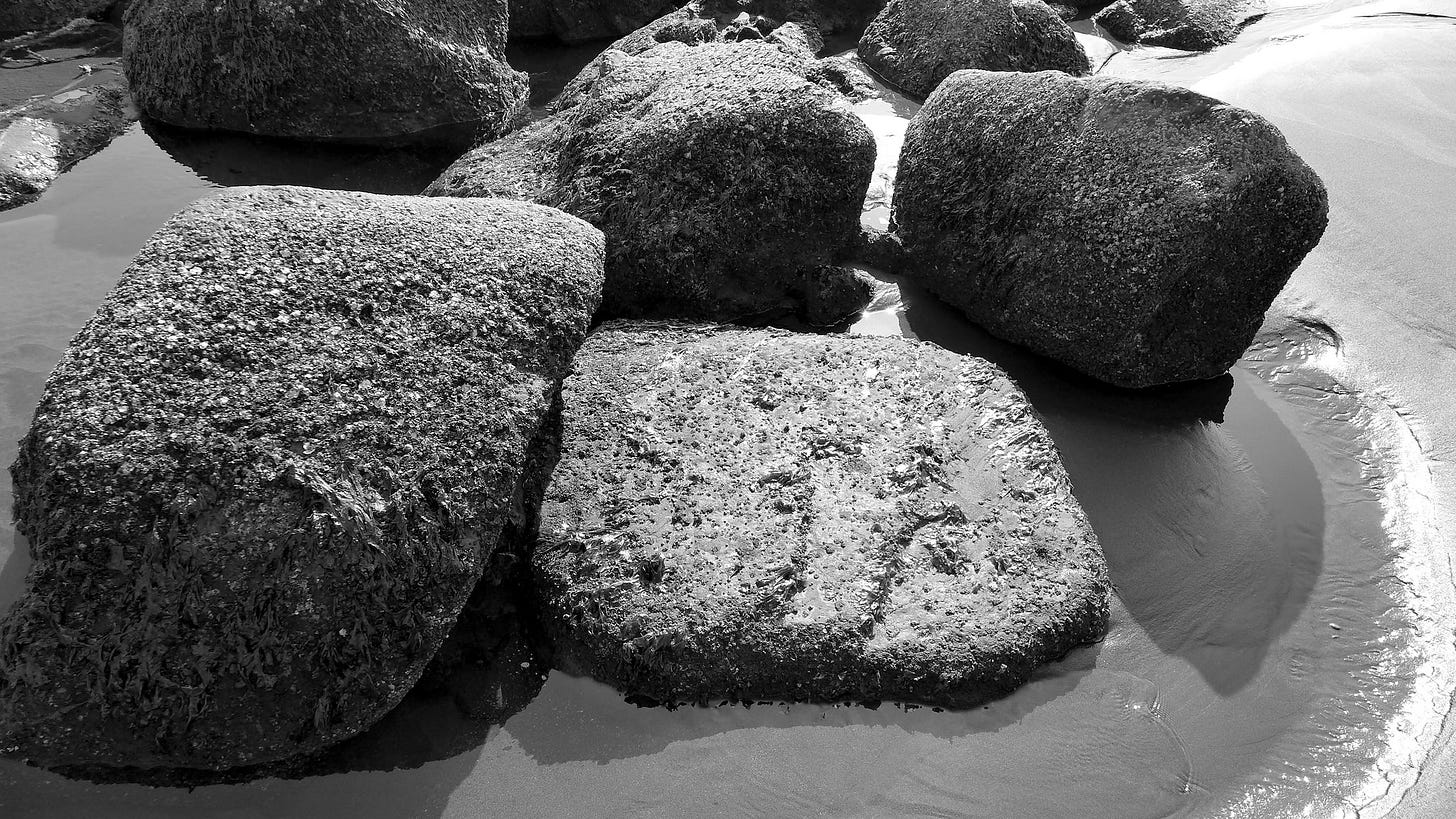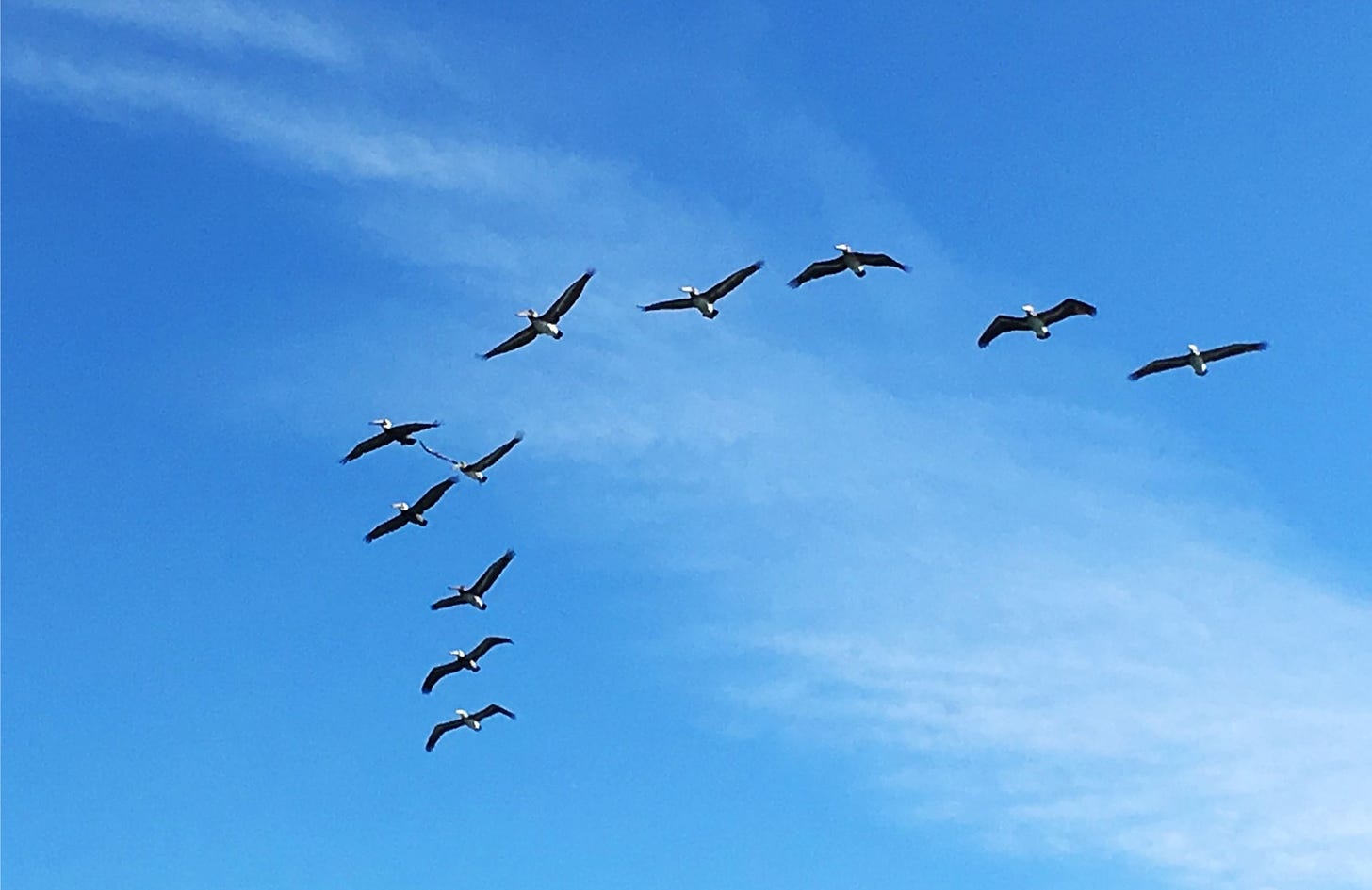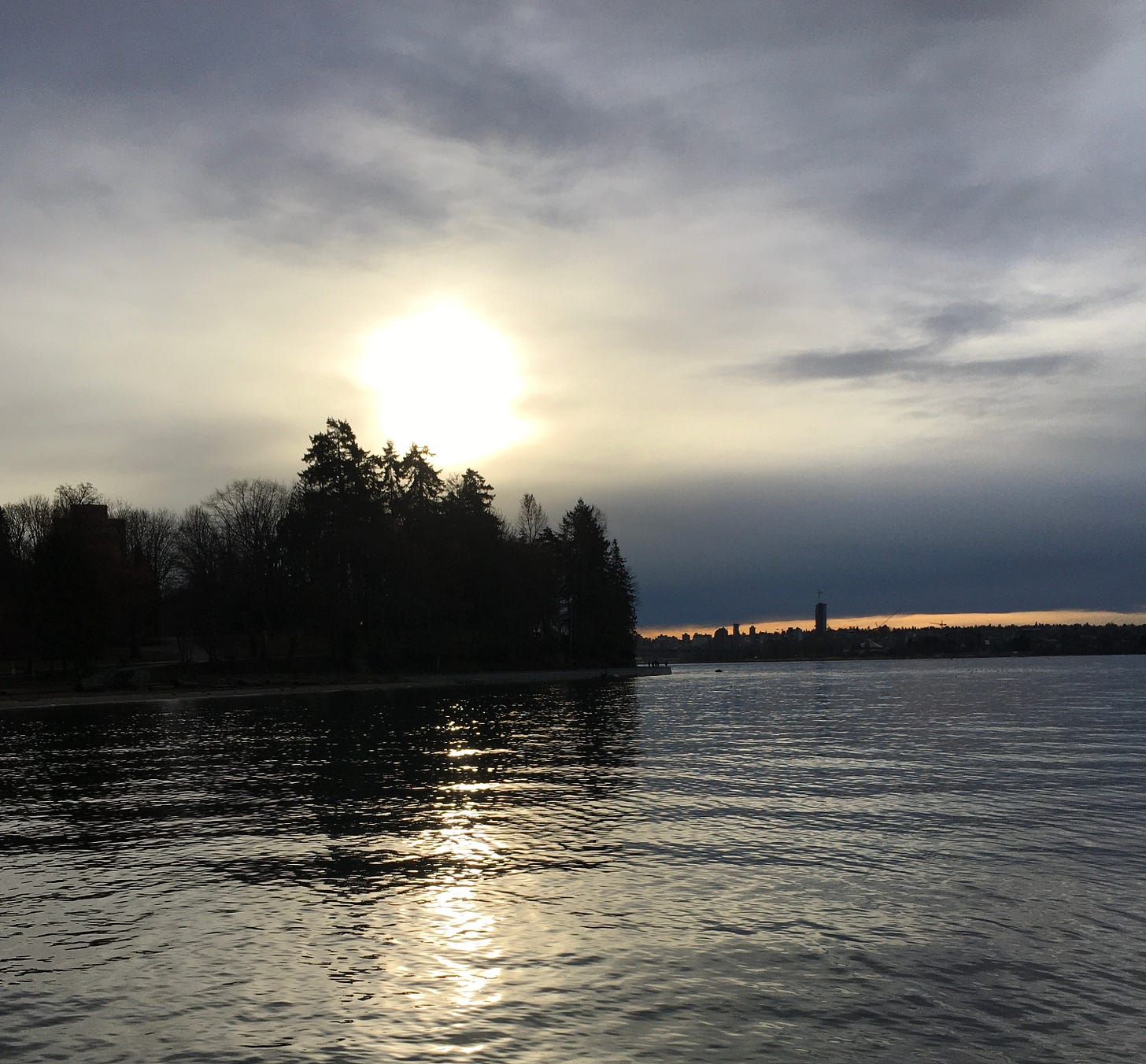
About a year ago, the US Copyright Office ruled that AI-generated ‘expressive works’ were not covered by US Copyright law.
“Based on the Office’s understanding of the generative AI technologies currently available, users do not exercise ultimate creative control over how such systems interpret prompts and generate material. Instead, these prompts function more like instructions to a commissioned artist—they identify what the prompter wishes to have depicted, but the machine determines how those instructions are implemented in its output. For example, if a user instructs a text-generating technology to “write a poem about copyright law in the style of William Shakespeare,” she can expect the system to generate text that is recognizable as a poem, mentions copyright, and resembles Shakespeare’s style. But the technology will decide the rhyming pattern, the words in each line, and the structure of the text. When an AI technology determines the expressive elements of its output, the generated material is not the product of human authorship. As a result, that material is not protected by copyright and must be disclaimed in a registration application.”
As we shift into a world where expressive work, in terms of sheer volume, is more often than not produced by AI, we can imagine interesting breakdowns in the nature of ownership itself.
Just a few years ago, we were in an almost diametrically opposed conversation about technology and expressive work, when the advent of NFTs gave artists the idea that they might be able to have ‘more ownership’ of their work and so finally make bank. While that promise proved to be somewhere between overly hopeful and deceptive, it also seemed to be an extension of the capitalist sense that everything should be possible to commodify and people who were thus far left out of the dream of wild money-making, namely unknown artists, were suddenly going to be initiated. Such a vision had nothing to do with changing the system, only about who got to be admitted to the extraction part of the equation.
The emergence of AI-everywhere has taken the questions conceptual artists of the last decades have been investigating (not to mention Orson Welles) and made them into regular people conversational chatter. What is art, in fact, and who is it for? Is art about expression, a creative process, a compelling product? Is art about the artist or about the image? Does art come from an idea or an expression of an idea? Does art happen when it’s intentional or by accident? And who “should” own art?
In the 20th Century, art became something that could be part of an investment portfolio. Though the move toward art for money’s sake began before digital was a thing (Jeff Koons on the high-end, decor-art on the mass produced side), creative work became far more product-ized in the turn of the century as ‘creators’ gained access to metrics and feedback about what potential buyers responded to, and the platforms for whom scale was at utmost value instilled the idea of “meeting market demand” into creators through its incentive structures and designs. You could make money being a “creator” from platform ad revenue if you could reach a mass audience (that good ole mobility myth again).
Next generation tools began to re-instate the niche opportunities for creators with tools like Patreon, Substack, and even Etsy, brands began realizing the power of “micro influencers,” but for nearly all creative people, their platform income was not going to cover rent or even groceries. Meanwhile, the promise of the ‘creator economy’ as a cultural phenomenon meant that all of us were writing newsletters or pimping ourselves somewhere to get attention and sometimes money, and like with any MLM, there’s a point at which you look around and realize there’s no one left who hasn’t already been pitched the oils or bought the leggings.
When streaming or really, Napster, emerged- we saw that recordings lost value, and artists could only make “real” money through offering an experience (live show) or a tangible good, and those are much harder to scale. That’s now the reality for anyone who was seduced by the idea of making a living through creative work.
The world of “marketing” as we knew it for the past 20 years is about to implode. There’s little incentive for platforms to ‘protect’ people and their ‘intellectual property’ when it’s far less legally onerous to host unprotected content that can be produced in ever more volume and variation tailored to the whims of individuals (while, if the last several years are any indication, will also work to erase some elements of individual taste in favour of promoting an advertising-driven ‘us against them’ tribalism).
That all sounds kind of horrible, but it also has promise. While people have proven very easy for platforms to manipulate, we are still fundamentally built to value cooperative, embodied, process-driven experiences. Most of us actually are aware that being with each other has an unmonetizable value, even with the rise of commodification of our relationships and so-called communities.
If most art we experience is impossible to own, then might we begin to question owning things at all? Or at least, things that are virtual. What feels radical about the USCO decision is that instead of, as in the past, corporations getting to extract from artists through publishing rights, there’s no owner at all for AI-created work, and how will we even be able to know something is not AI-created, if it’s digital?
Whether this means more power to the technocracy or not remains to be seen. Right now, AI models are very dependent on huge compute and lots of venture money, but presumably there will be motion towards locally-running models as well as cross-pollination of different systems that make it hard to fully control using the legal mechanisms we have now.
Maybe we are not going to abandon ownership but we’ll be more apt to return to analogue approaches. Charles Eisenstein proposes investing in a typewriter factory. I still have this fantasy of a recursive AI system in which absolutely everything digital is AI driven and managed, giving people no choice other than to return to the tactile and small-scale, unless they wish to be a product themselves in more ways than just their attention to advertisers.
Maybe embodiment itself is undergoing a kind of system-commodification that happens to most dangerous ideas. Mostly it seems that we’re in a hyper-denial of our bodies, either because we’re thinkers or because social media has amplified our story about what parts of our physical selves are unacceptable. I think of the chapter in Hospicing Modernity about shit, how much the toilet is the metaphor for life in the anthropocene. We produce waste in pristine rooms, poop into clean water, and send it away to be dealt with by someone else. We don’t take responsibility for our waste and we also don’t see the value of this part of our collective metabolic system.
We are going to have to go back to buckets and compost to find out what making things is about, what a fools errand it was to own our work or to protect our ideas, and especially to trade our creativity for the crumbs of a surveillance system’s profits. We are only mammals, in the end, dreaming of being stars.






